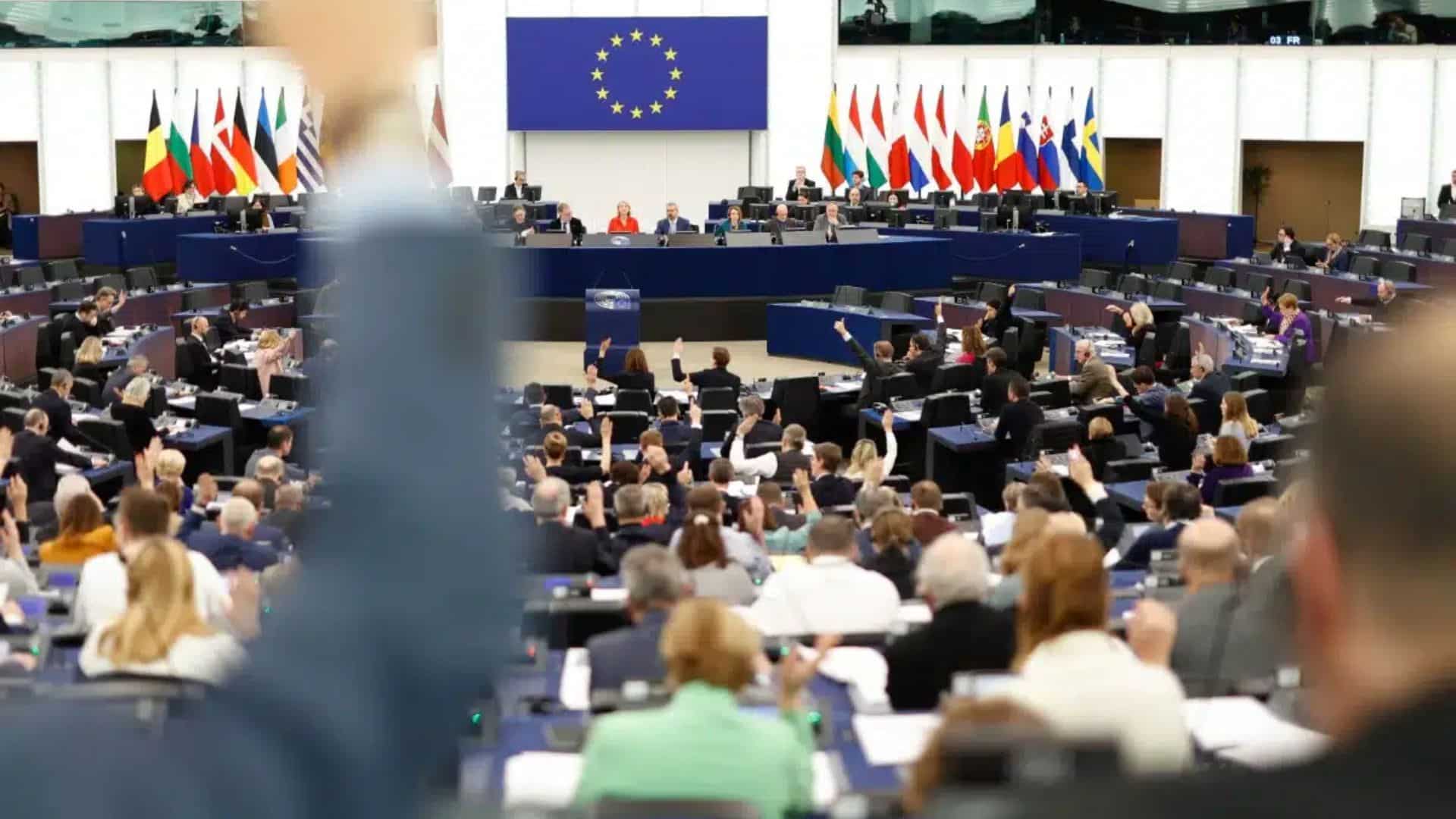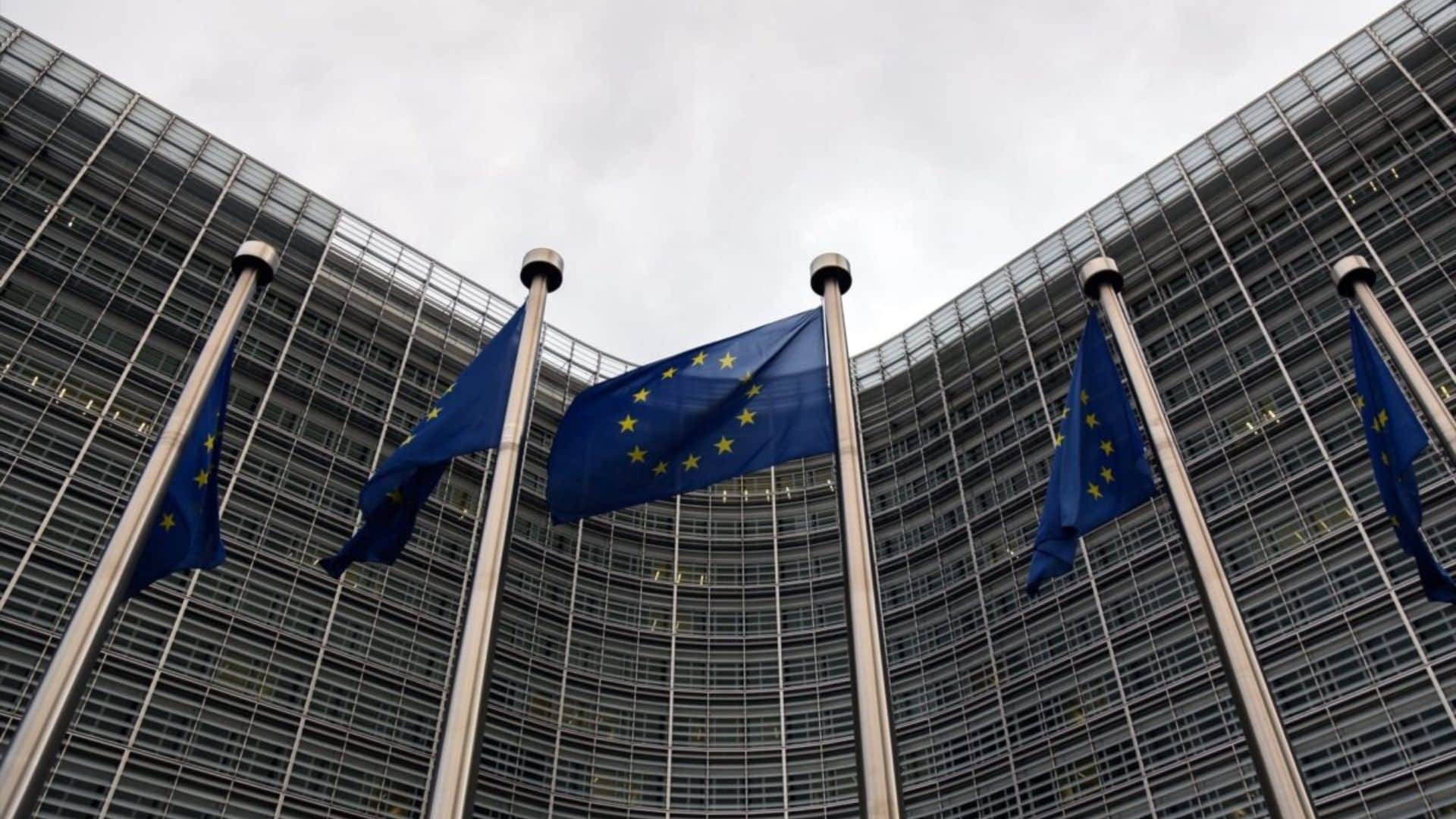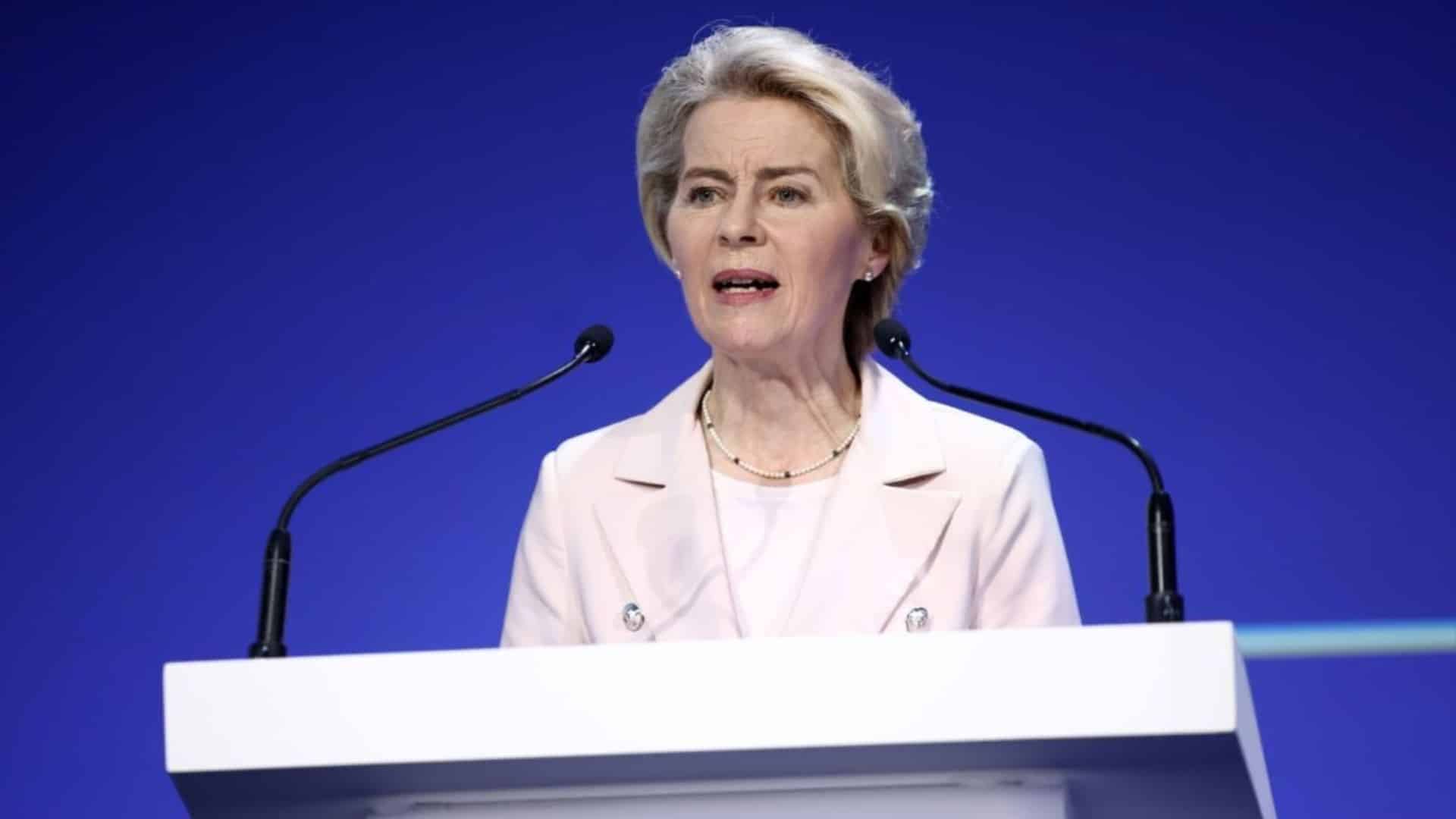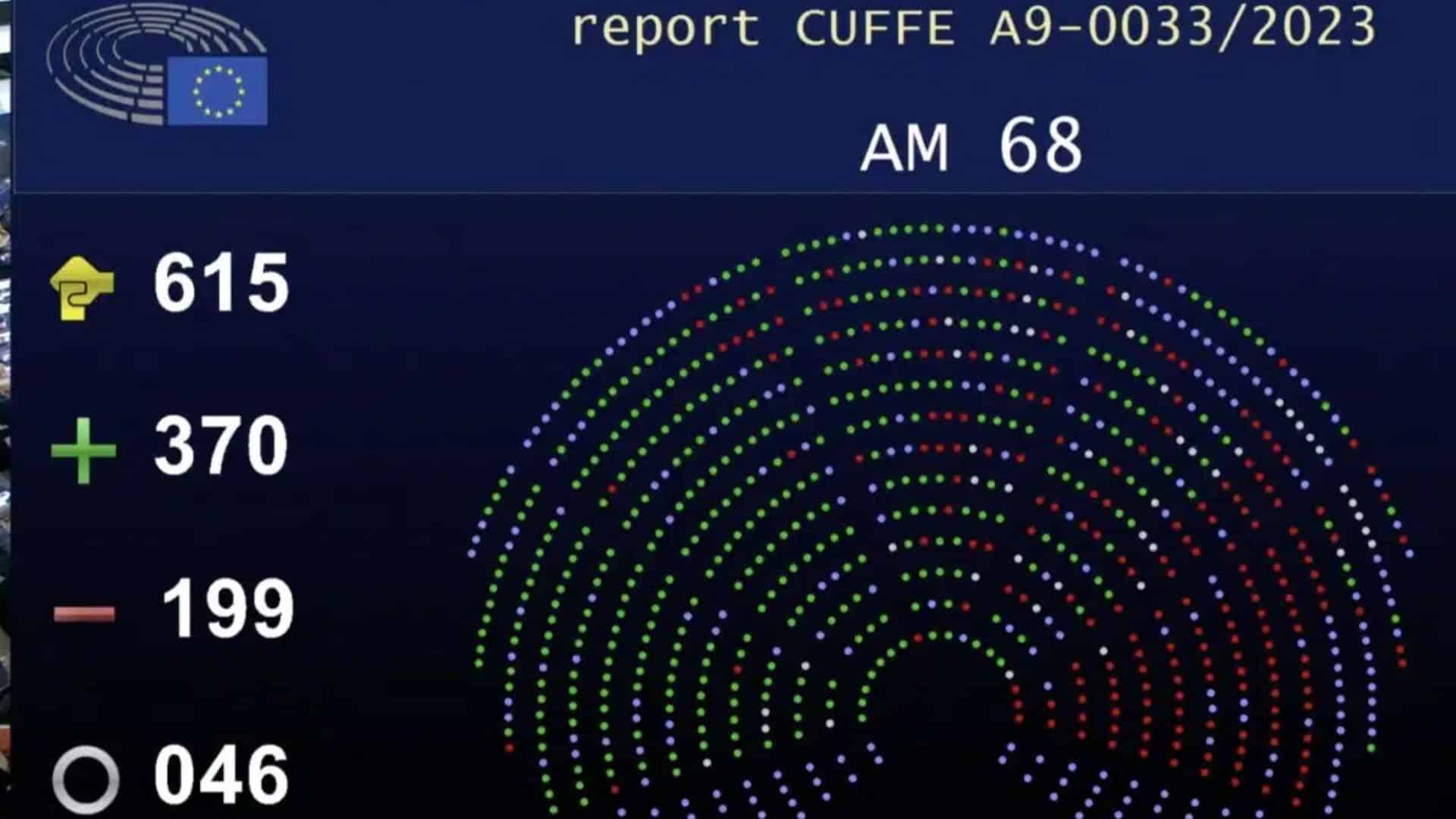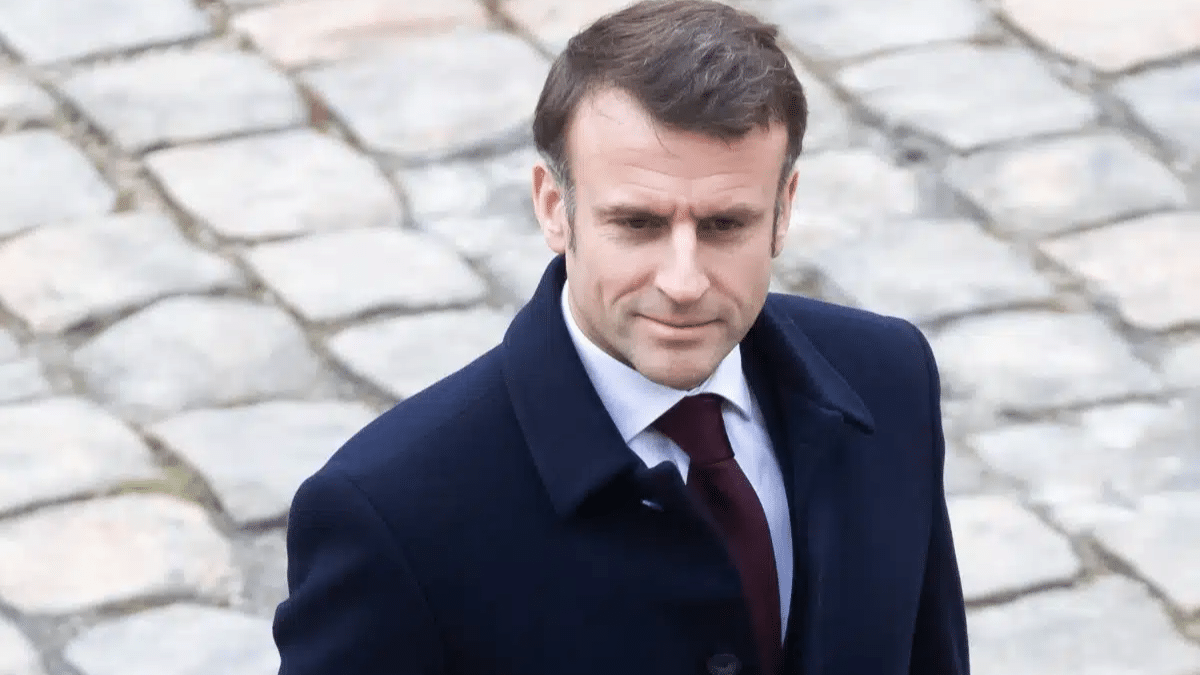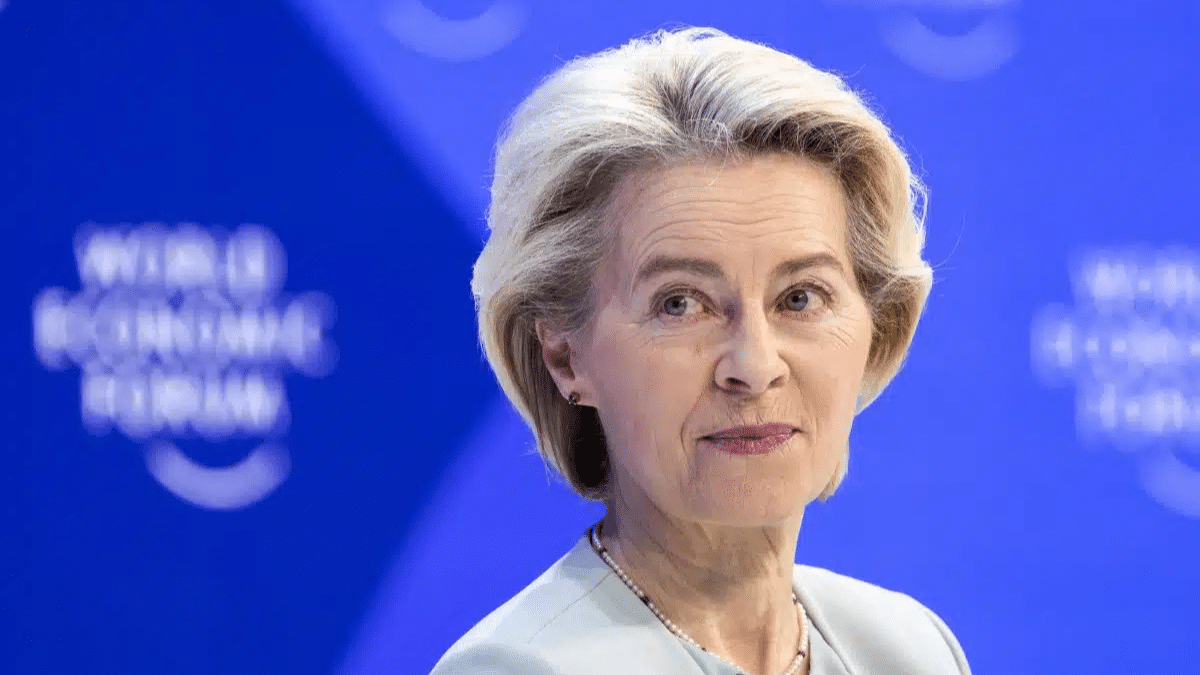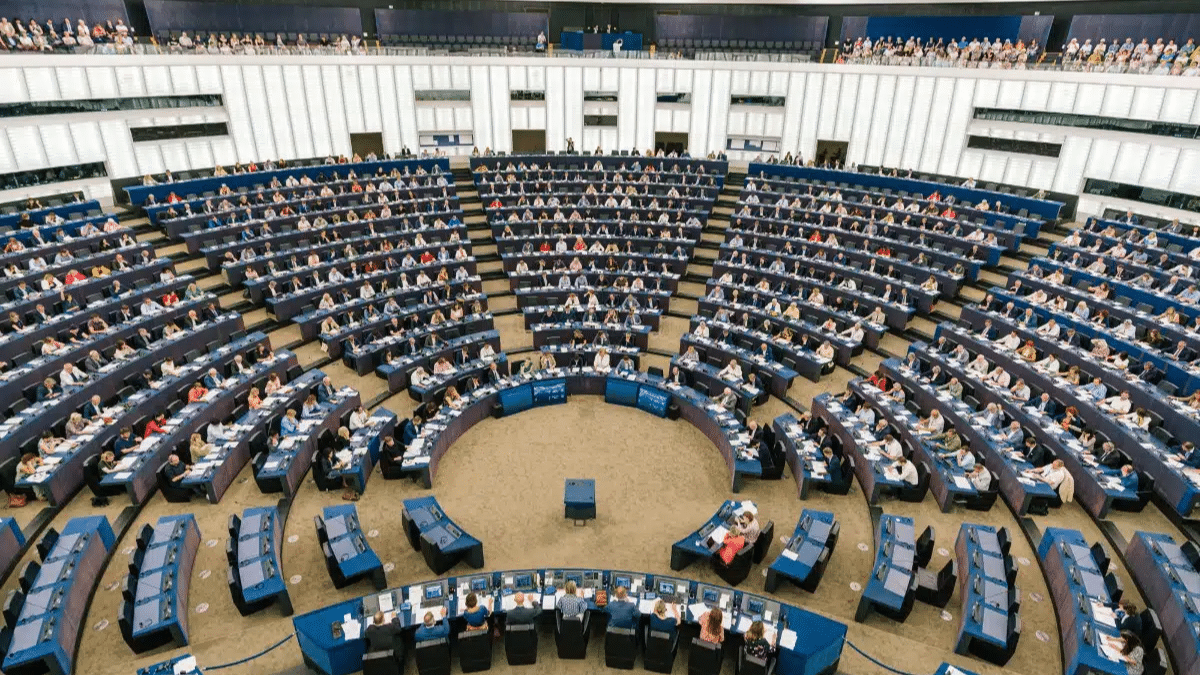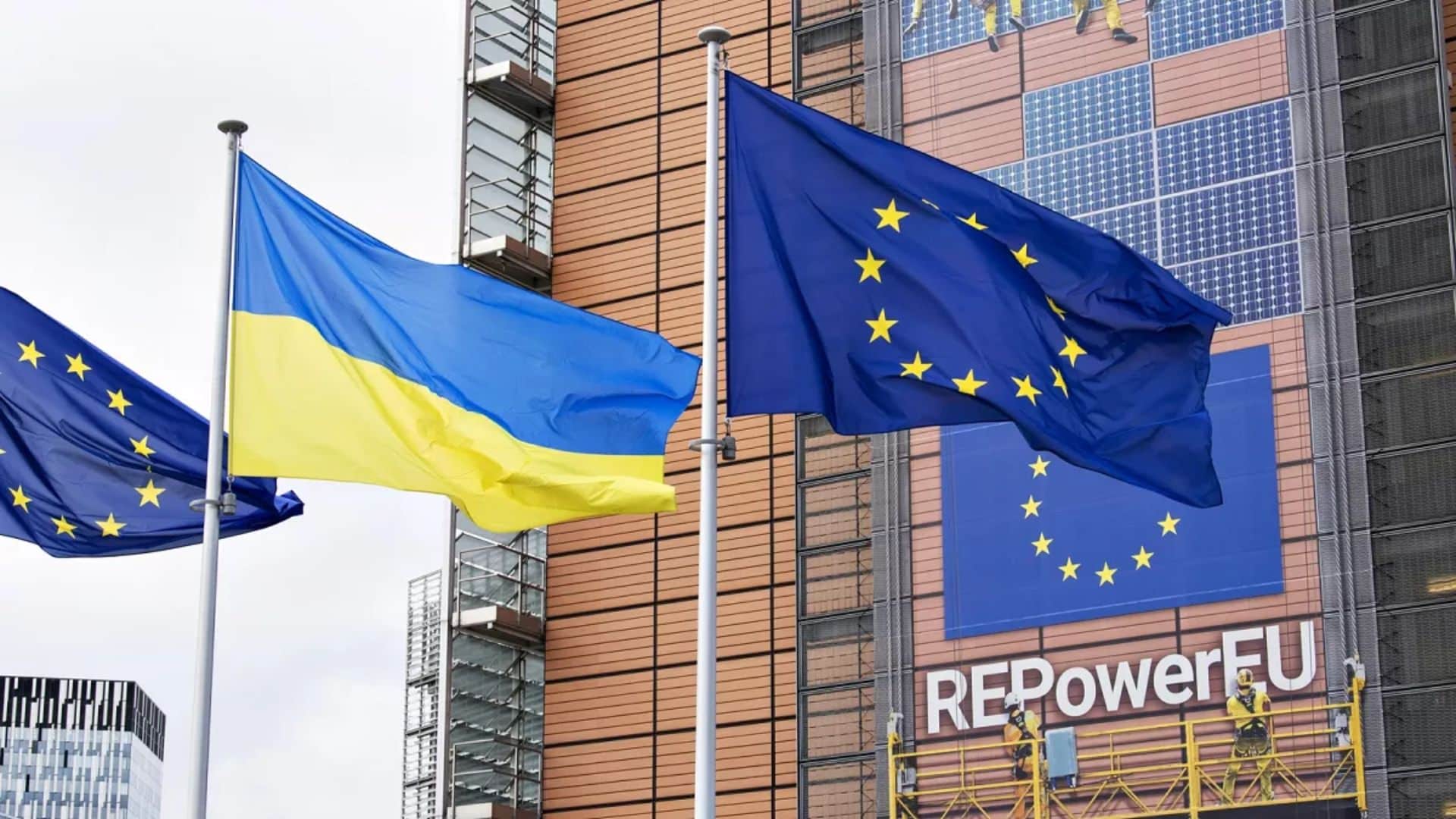
Ukraine’s accession could cost €136 billion to the EU budget, new report estimates
A new report from the Bruegel think tank suggests that Ukraine’s potential entry into the European Union might have financial implications for the bloc’s seven-year budget, estimating a cost ranging from €110 billion to €136 billion. This projection, based on the existing 2021-2027 budget rules, outlines the funding Ukraine could receive after obtaining EU membership. The report highlights potential entitlements, such as €85 billion from the Common Agricultural Policy and €32 billion from the Cohesion Policy. However, it emphasizes that if Ukraine fails to regain occupied territories, the allocation could decrease to €110 billion.
The report also indicates that Ukraine’s EU membership might not significantly alter the net payer to net beneficiary ratio in the EU budget but could lead to a redistribution of budget allocations. Despite potential economic recovery post-war, Ukraine may still be economically inferior to the poorest EU state, Bulgaria, and possibly Western Balkan nations. This could impact the EU’s GDP per capita and prompt shifts in cohesion fund distribution among regions.
The report suggests a phased-in enlargement process for Ukraine to gradually enjoy EU benefits, incentivizing reforms. However, it warns of the risk of democratic backsliding post-accession, similar to cases in Hungary and Poland. To address this, the report proposes innovative legal provisions in the accession treaty, allowing the suspension of voting rights and EU funds in response to rule-of-law and corruption concerns, aiming to protect the EU from potential setbacks in Ukraine’s governance.

